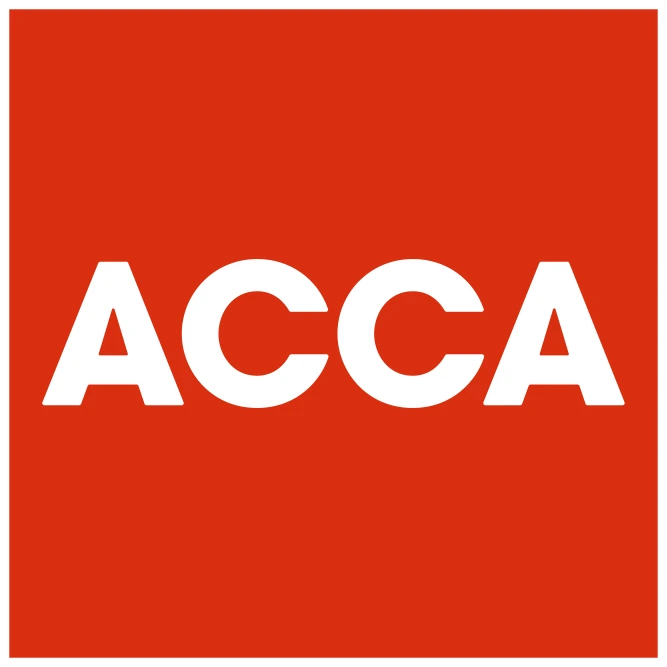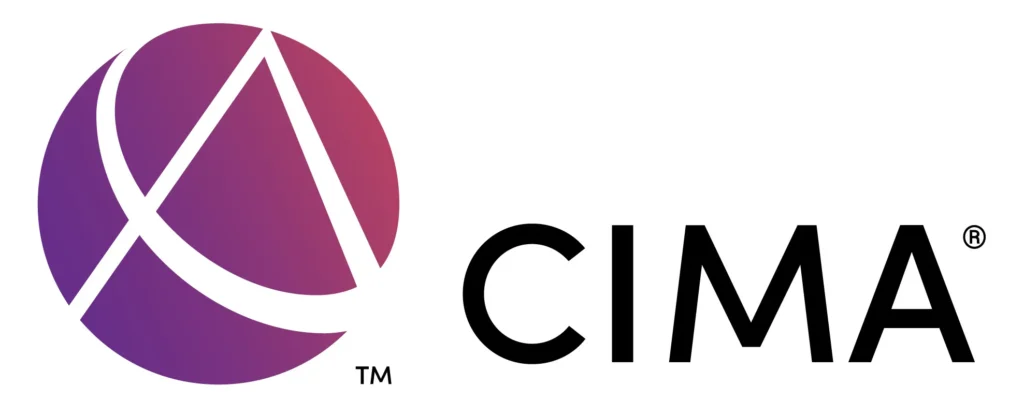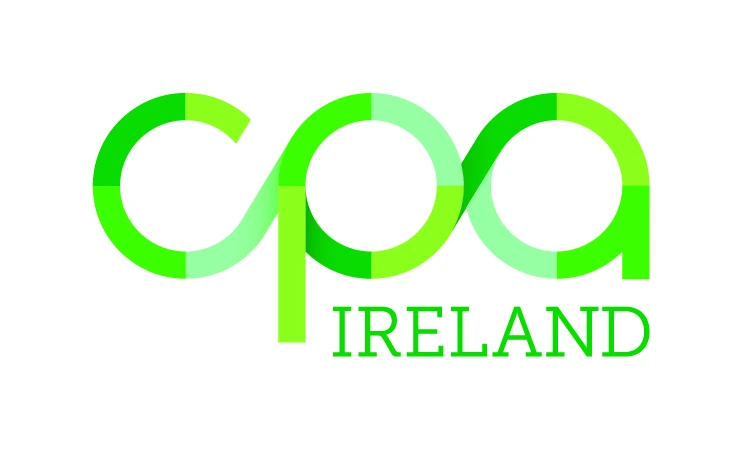View all Courses
Accounting
Bachelor of Business (Honours)
Course Details
| CAO Code | AU300 |
|---|---|
| Level | 8 |
| Duration | 3 Years |
| CAO Points | 332 (2024) |
| Method of Delivery | On-campus |
| Campus Locations | Donegal – Letterkenny |
| Mode of Delivery | Full Time |
| Work placement | Yes |
Course Overview
There is a growing shortage of accountants in Ireland. Accountants, Auditors, and Tax professionals are consistently on the Irish government’s critical skills shortage list. Our Bachelor of Business (Hons) in Accounting degree adds up to a successful career in the world of accounting and finance. Few careers can be more fulfilling or exciting than accountancy.
This three year programme provides graduates with the necessary skills to reach the very top of their profession.
Our accounting courses attract the maximum exemptions from the examinations of professional accountancy bodies including ICA, ACCA, CPA and CIMA (subject to annual review). Graduates will also have the opportunity to progress onto the MA in Accounting which offers even further significant exemptions.
NEW A one year optional work placement is available to students who have successfully completed 120 credits after Year 2 (min GPA 50%). The work placement will provide learners with the opportunity to gain valuable practical experience in an accounting environment.
Covering modules such as Data Analytics, Financial Accounting, Management Accounting, Tax, Computerised Accounts, Auditing and Finance, graduates pursue careers in variety of specialisms including Accounting, Taxation, Banking and FinTech.
Holders of the Diploma for Accounting Technicians Qualification get advanced entry into Year 2 of this programme.
The Bachelor of Business Hons Accounting (AU300) Degree meets the registration requirements set down in the Teaching Council [Registration] Regulations in respect of the curricular subject of ‘Accounting’. Contact the Teaching Council directly to confirm.
Course Details
Year 1
| Semester | Module Details | Credits | Mandatory / Elective |
|---|---|---|---|
| 1 |
Book-KeepingThe purpose of this module is to provide students with a clear understanding of the role, function and basic principles of financial accounting and master the rules of double-entry bookkeeping. Learning Outcomes 1. Define the nature, purpose and scope of financial accounting including the basic financial statements |
05 | Mandatory |
| 1 |
Personal FinanceThe purpose of this module is to provide students with an understanding of the nature and scope of personal finance. It will allow learners to apply techniques to aid decision making for an individual. Learning Outcomes 1. Describe the personal financial management process and the different financial life-cycle requirements |
05 | Mandatory |
| 1 |
Business ManagementThis module will provide learners with a basic understanding of the key functions of modern managers and a basic understanding of the key skills required by modern managers. Learning Outcomes 1. Identify and describe the key functions of the modern manager |
10 | Mandatory |
| 1 |
Quantitative MethodsThe Quantitative Methods module introduces students to quantitative data analysis and its role in business. Students will begin by learning the basics of descriptive statistics and techniques for summarising and presenting data. Following this, students will further their knowledge by learning the foundations of inferential statistics, covering the basics of the normal distribution, sampling, hypothesis testing, correlation and regression, and their business applications. Learning Outcomes 1. Construct and interpret graphs to describe data |
05 | Mandatory |
| 2 |
Business Information SystemsThis module provides a foundational introduction to business information systems and applications. It gives the learner an insight into the central concepts within the field of IT management systems and provides an awareness of the role played by IS in achieving competitive advantage in the provision of information, goods and services. Learning Outcomes 1. Evaluate and discuss contemporary and emerging trends in technology and the impact it has on firms, industries, and society. |
10 | Mandatory |
| 2 |
Data AnalyticsThis module aims to help students build essential data analysis skills for accounting. In this practical module, students will learn how to apply statistical techniques using software. Learners will explore datasets, present data in tables and graphs, apply inferential statistics and test hypotheses for decision-making. Learning Outcomes 1. Discuss the role of data and statistical analyses in accounting today. |
05 | Mandatory |
| 2 |
Financial AccountingThe purpose of this module is to provide students with a clear understanding of the role, function and basic principles of financial accounting. They also develop the ability to prepare financial statements for basic reporting entities in accordance with International Financial Reporting Standards (IFRSs). Learning Outcomes 1. Discuss the regulatory environment governing financial reporting |
05 | Mandatory |
| 2 |
Business in SocietyThis module focuses on the relationship between business and society. Learners will investigate the significance of business decisions, activities, and behaviour on society. Learning Outcomes 1. Describe the issues that affect the relationship between business and society |
05 | Mandatory |
| 2 |
Law For The Business EnvironmentThis module introduces the learner to both the Irish and European legal systems, and demonstrates how a range of legislation is relevant to both a professional office environment and a general business context. The key areas of law introduced are contract, tort, property, insurance, employment, consumer, data protection, limited liability and money laundering. Learning Outcomes 1. Explain the structure and jurisdiction of the Irish and European legal systems. |
05 | Mandatory |
Year 2
| Semester | Module Details | Credits | Mandatory / Elective |
|---|---|---|---|
| 1 |
Financial Reporting 1The core objectives of Financial Reporting 1 are the preparation of the full financial statements for a single company or partnership and the principal consolidated financial statements for a simple group, whilst consolidating previous skills in double entry book-keeping. Coverage of a wide range of accounting standards is implicit in these objectives. Learning Outcomes 1. Produce accounts of partnerships, branches, and clubs & societies, and understand the specifics of the accounting treatment used in their preparation |
10 | Mandatory |
| 1 |
Management Accounting & FinanceThe purpose of this module is to provide students with an understanding of the nature and scope of management accounting and financial management. It will allow learners to apply techniques to aid decision making at the individual and organisational level. Learning Outcomes 1. Describe the role of the management accountant and assess how this contributes to the attainment of organisational goals. |
10 | Mandatory |
| 1 |
Computerised AccountsThe key objective of this module is to develop learners competence in using computerised accounting software to produce accurate, professional and well-presented accounting information employing an appropriate range of accounting procedures. Learning Outcomes 1. Use an integrated accounting system |
05 | Mandatory |
| 1 |
MacroeconomicsMacroeconomics introduces the learner to the basic principles of Macroeconomic Theory. The module considers the structure and functioning of a modern macroeconomy, particularly with respect to the relationship between the various sectors. Current indicators and forecasts of macroeconomic performance are examined including both soft and hard sources. The learner is introduced to the role and influence of economic policy, both fiscal and monetary, national and international. Learning Outcomes 1. Describe the operations of the macroeconomy. |
05 | Mandatory |
| 2 |
Management Accounting 2The purpose of this module is to provide students with the knowledge and skills to apply management accounting techniques to numeric and qualitative information for planning, decision making and control purposes. Learning Outcomes 1. Apply decision making techniques to evaluate various courses of actions available to businesses |
10 | Mandatory |
| 2 |
Company Law & GovernanceThis module provides a comprehensive interpretation of The Companies Acts 2014 and relevant case law, facilitating the application of the law to various scenarios. Key areas include the procedural requirements for companies, management of a corporation, members' rights and responsibilities, dealing with insolvency, and issues around corporate governance. Learning Outcomes 1. Analyse the advantages, disadvantages and consequence of incorporation, and both draft and interpret the required documentation. |
10 | Mandatory |
| 2 |
Business TaxThis subject introduces learners to the subject of taxation and provides the core knowledge of the underlying principles and major technical areas of taxation, as they affect the activities of individuals and businesses. Learners are introduced to the rationale behind and the functions of the tax system. The syllabus then considers the separate taxes of Income Tax and Corporation Tax such as income tax from self-employment, employment and investments; the corporation tax liability of individual companies and groups of companies; the social insurance and universal social charges of both employed and self-employed persons. Learning Outcomes 1. Explain & compute the Income Tax payable by Individuals, both employed and self employed |
10 | Mandatory |
Year 3
| Semester | Module Details | Credits | Mandatory / Elective |
|---|---|---|---|
| 1 |
Digital BusinessThe Digital Business module provides students an in-depth exploration of the integral role of Information Technology (IT) and Information Systems (IS) in shaping contemporary organisations. Students will examine the transformative impact of digital collaboration, Industry 4.0, and emerging technologies on the workplace and business practices. Additionally, they will gain practical experience in using software applications to support decision-making within an organisational context. Learning Outcomes 1. Discuss the role played by IS/IT in modern organisations. |
10 | Mandatory |
| 1 |
Financial Reporting 2In this module the learner will build on knowledge acquired in prior financial accounting modules and develop their ability to solve practical accounting problems in an ethical manner. They will apply the reporting requirements of the IASB in the preparation of financial statements while realising the relevance of the conceptual and theoretical frameworks of accounting. Learning Outcomes 1. Evaluate the regulatory and conceptual frameworks relating to accounting and understand the standard setting process. |
10 | Mandatory |
| 1 |
Business FinanceThe purpose of this module is to provide students with an understanding of the nature and scope of financial management and the financial environment. It will enable learners to apply working capital management techniques and evaluate alternative sources of business finance. Learning Outcomes 1. Describe the nature and role of financial markets and institutions |
05 | Mandatory |
| 1 |
Capital Gains Tax & VatThis subject introduces learners to the subject of taxation of capital gains and VAT for individuals and companies. The syllabus then considers the separate taxes including what constitutes an asset or a disposal, the charge to capital gains tax, basic VAT principles and the administration of the taxation system as it relates to CGT & VAT. Learning Outcomes 1. Calculate the CGT payable by individuals and Companies. |
05 | Mandatory |
| 2 |
Strategic ManagementStrategy is increasingly important for businesses as they determine the path to follow in an increasingly difficult and dynamic environment. This module aims to provide the learners with the how, what and why of strategy development and to provide them with the ability to understand strategy at a pragmatic level. Learning Outcomes 1. Describe and discuss strategy terminology |
10 | Mandatory |
| 2 |
Advanced Management Accounting & FinanceThe purpose of this module is to provide students with sound analytical and critical competencies in the application of management accounting and finance techniques across a broad spectrum of key business areas. Learning Outcomes 1. Apply the principles of decision making in a wide range of contexts including the identification of relevant cash flows and their use alongside nonquantifiable factors in making balanced judgements |
10 | Mandatory |
| 2 |
AuditingThe aims of this module are: To familiarise the learner with the regulatory framework of auditing and the principles underlying auditing. To give learners an understanding of modern auditing procedures and techniques. To provide a critical review of the role of the auditor in a modern business environment, paying particular attention to their public-interest role. To familiarise the learner with major developments in auditing concepts, and their application in practice. Learning Outcomes 1. Discuss the importance of high quality financial information to external users and describe the auditors role in providing assurance that the information provided to these users is of the highest quality. |
10 | Mandatory |
Download a prospectus
Entry Requirements
Leaving Certificate Entry Requirement | 6 subjects at O6/H7 |
QQI/FET Major Award Required | Any |
Additional QQI/FET/ Requirements | 3 Distinctions |
Advanced Entry
Applications are welcome for entry to stage 2 of a programme at ATU, following completion of a cognate QQI FET Level 6 Major award.
Transfers into years two, three or four are also welcome from those who have completed learning in a cognate area in another Higher-Level Institute (HEI).
Testimonial
My own experiences of studying accounting at ATU Donegal is that the work you put in gets well rewarded. Graduating with a first class honours degree in October 2014 made my job search a lot easier and helped me secure my first position as a trainee chartered accountant with a practice in Letterkenny. The course provided me with the skills and competencies required to begin training as an accountant. In the final year of my degree myself and 3 classmates won the Irish national final of the CIMA Global Business Challenge and then embarked on a once in a lifetime trip to Mumbai, India to represent Ireland and ATU Donegal in the global competition competing against 25 other countries. Competing against the world’s best future business leaders gave a unique perspective on just how strong the accounting education we received at ATU Donegal was.
Emmett Paterson
Fees
Total Fees EU: €3000
This annual student contribution charge is subject to change by Government. Additional tuition fees may apply. Click on the link below for more information on fees, grants and scholarships.
Total Fees Non-EU: €12000
Subject to approval by ATU Governing Body (March 2025).
Further information on feesProfessional Accreditation
Professional accountancy bodies including ICA, ACCA, CPA and CIMA.




Careers
The main employers are:
Accountancy Practice
Large multinational
Public Service
Graduate Careers
Graduate careers typically include:
Banking
Financial Services / FinTech
Qualified Accountant(ICA,CPA,ACCA,CIMA)
Taxation
Further Information
Contact Information
Department of Business Studies
Patricia Doherty
Head of Department
T: +353 (0)74 9186202
E: patricia.doherty@atu.ie
Business Studies


